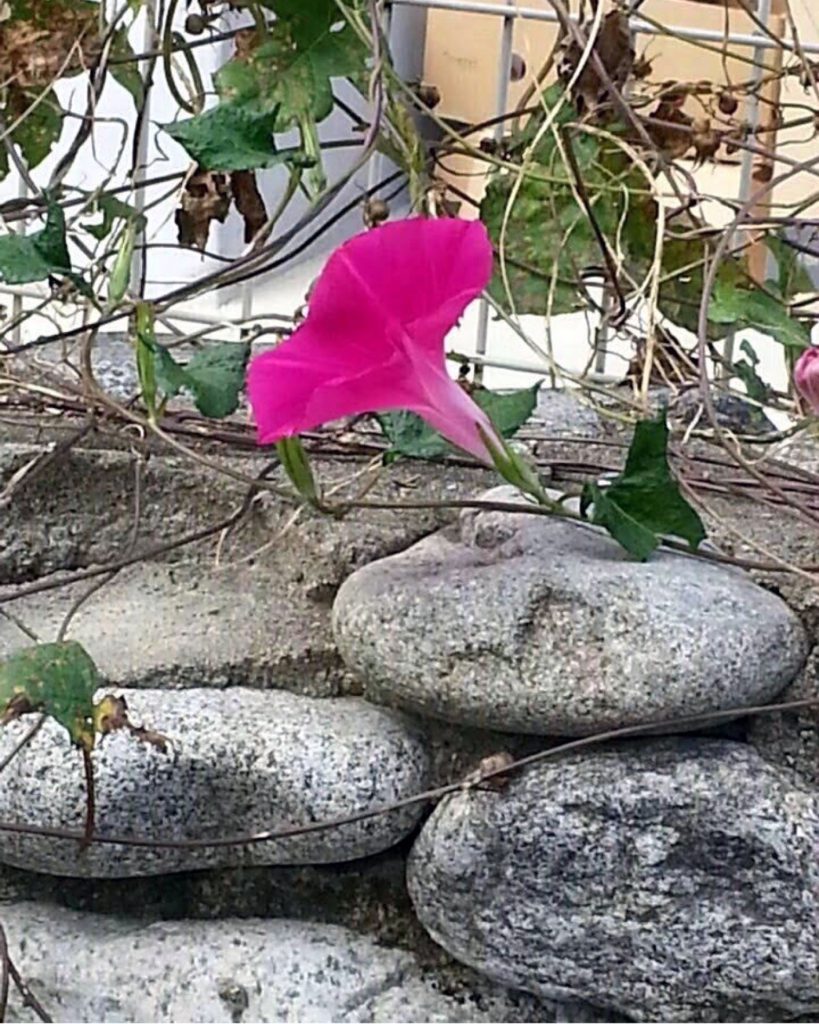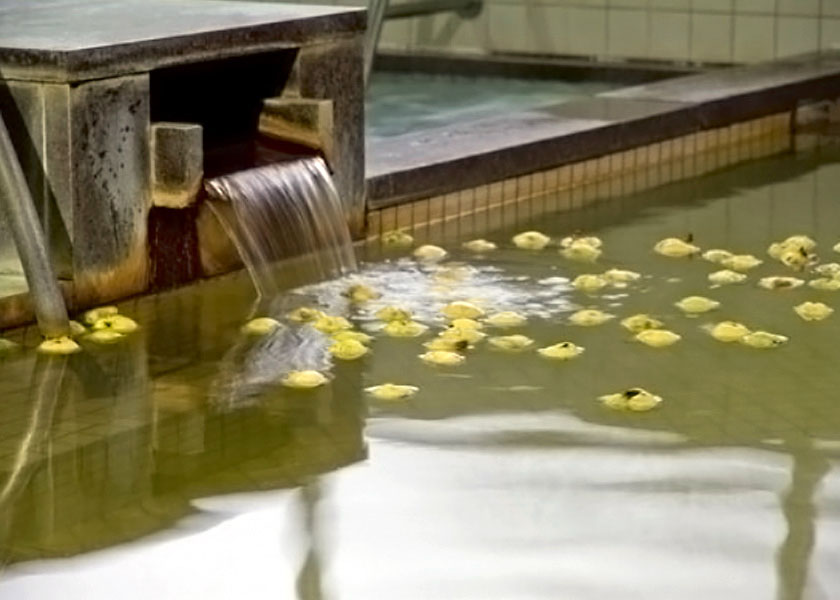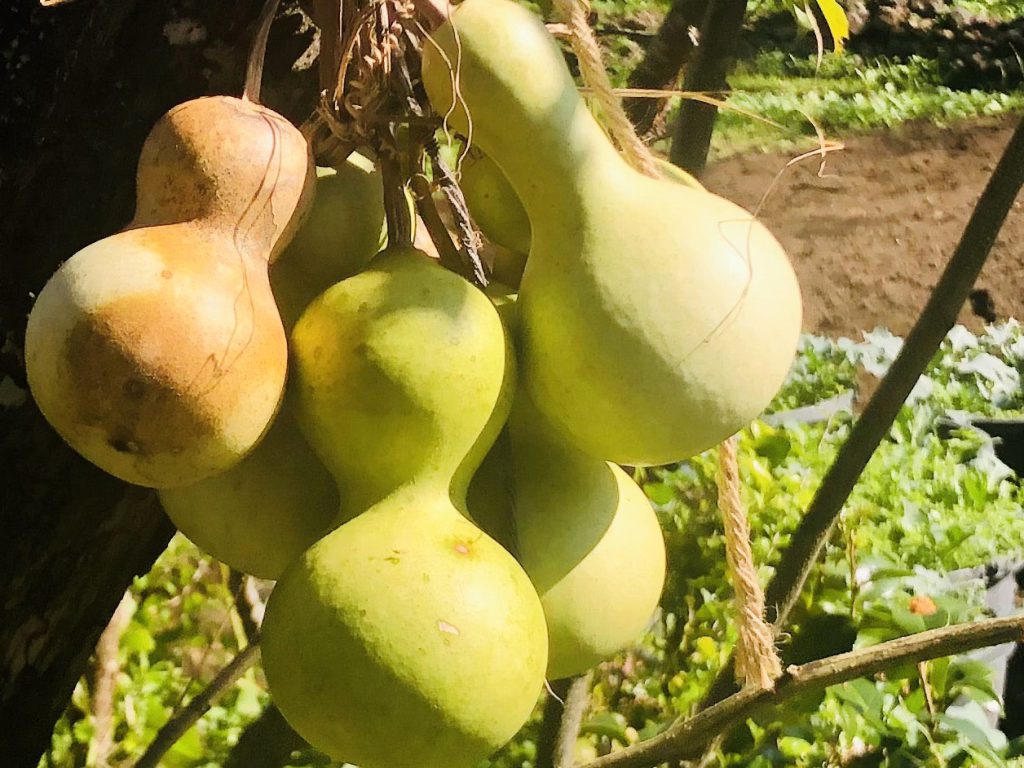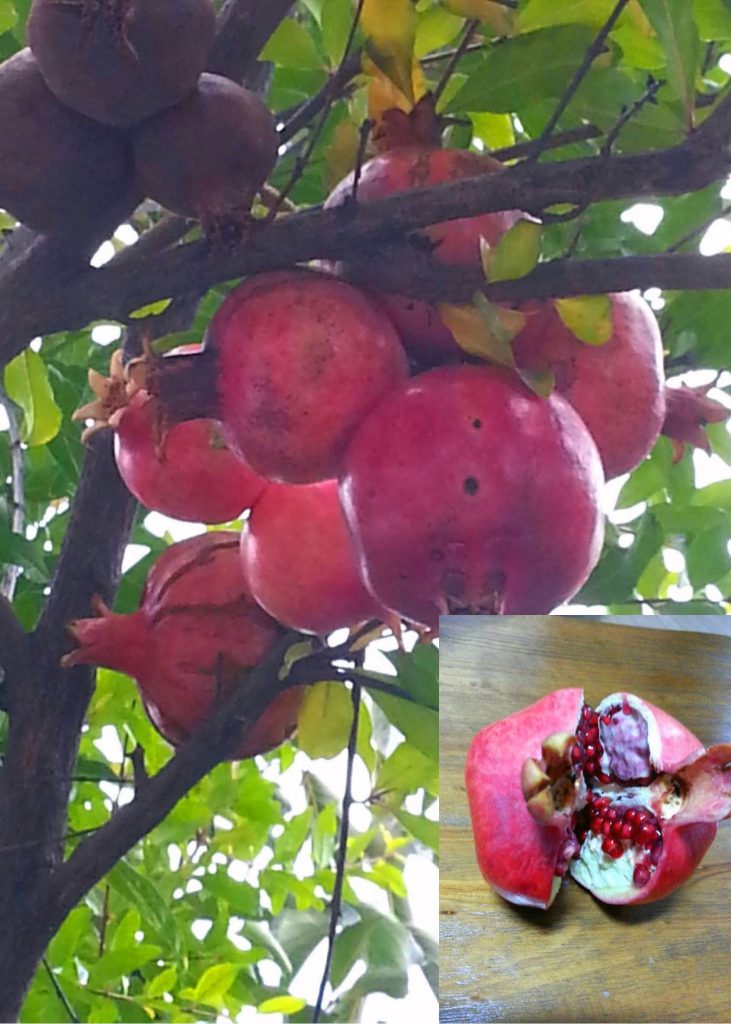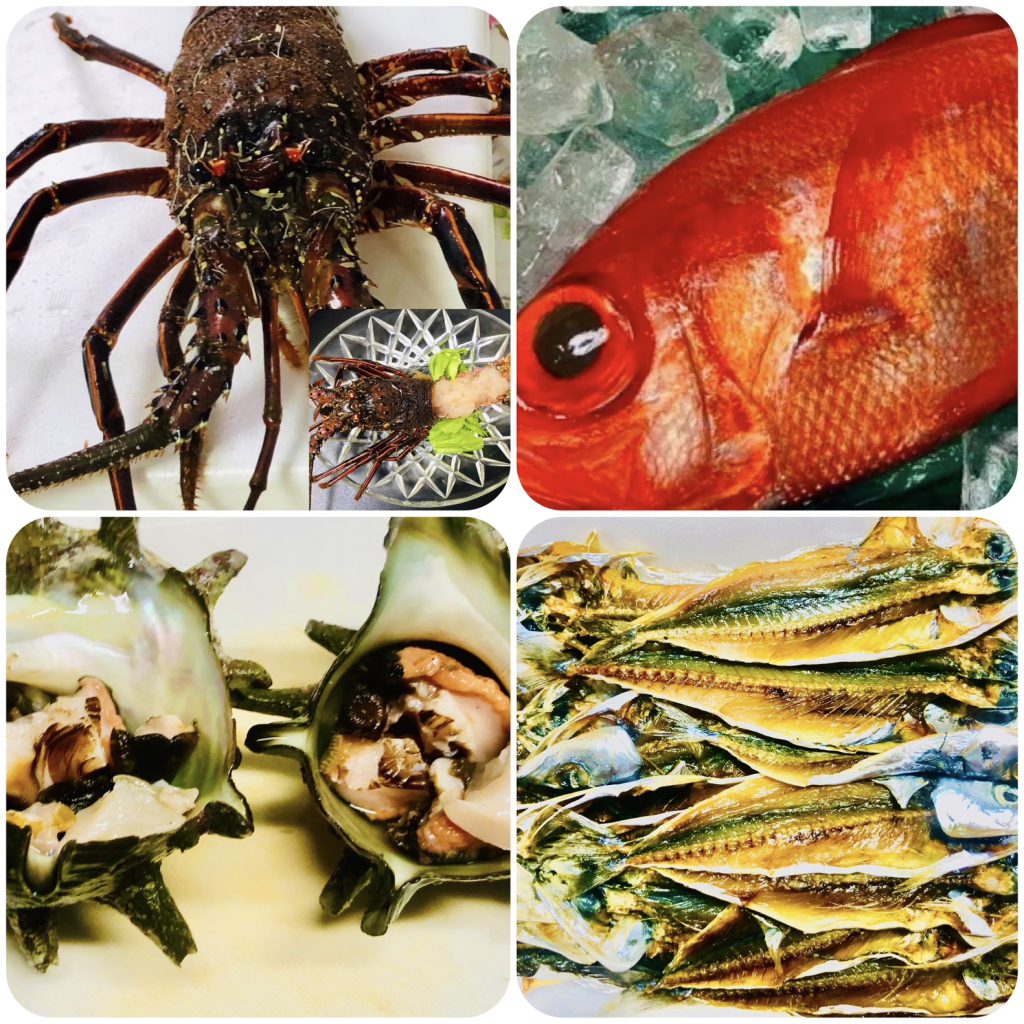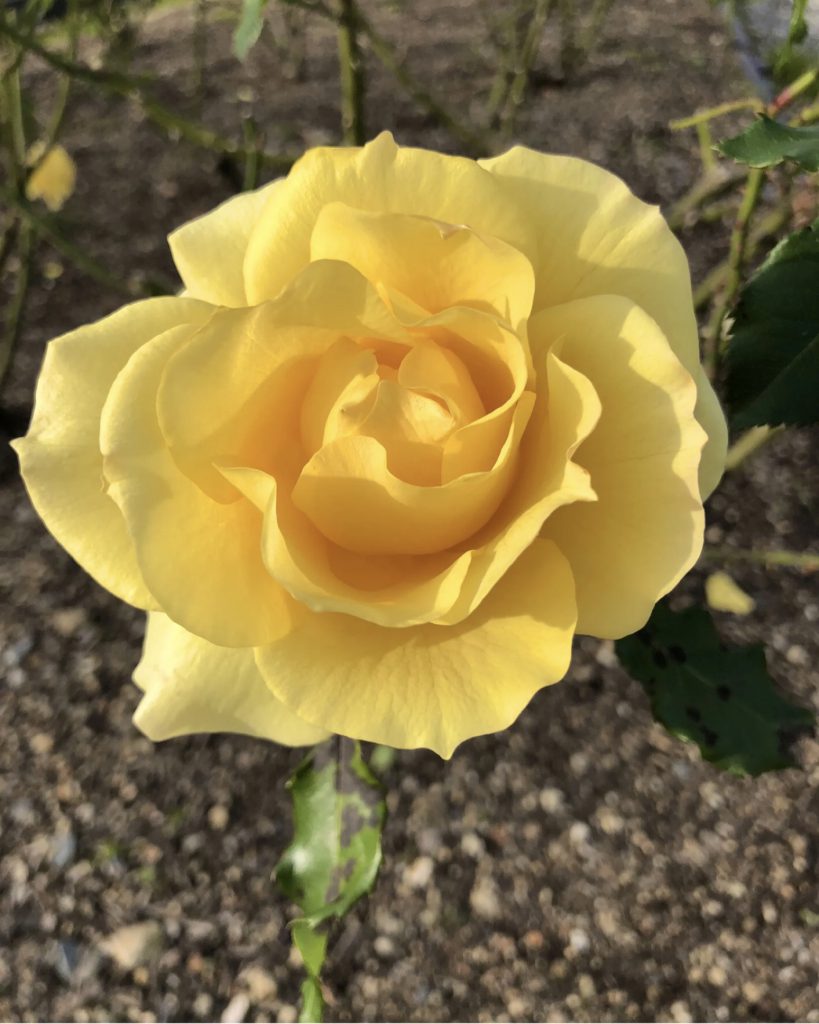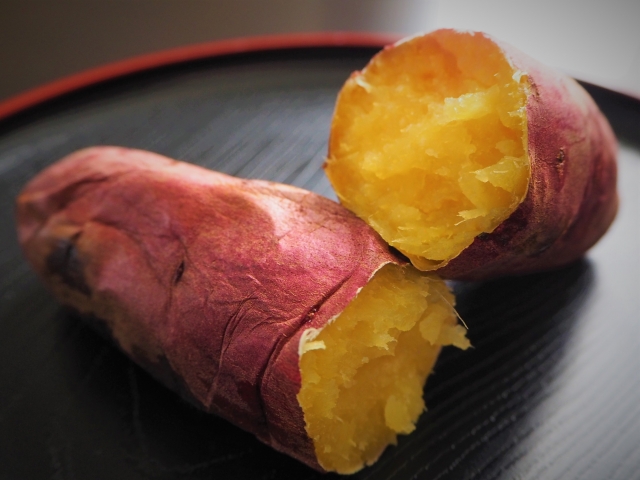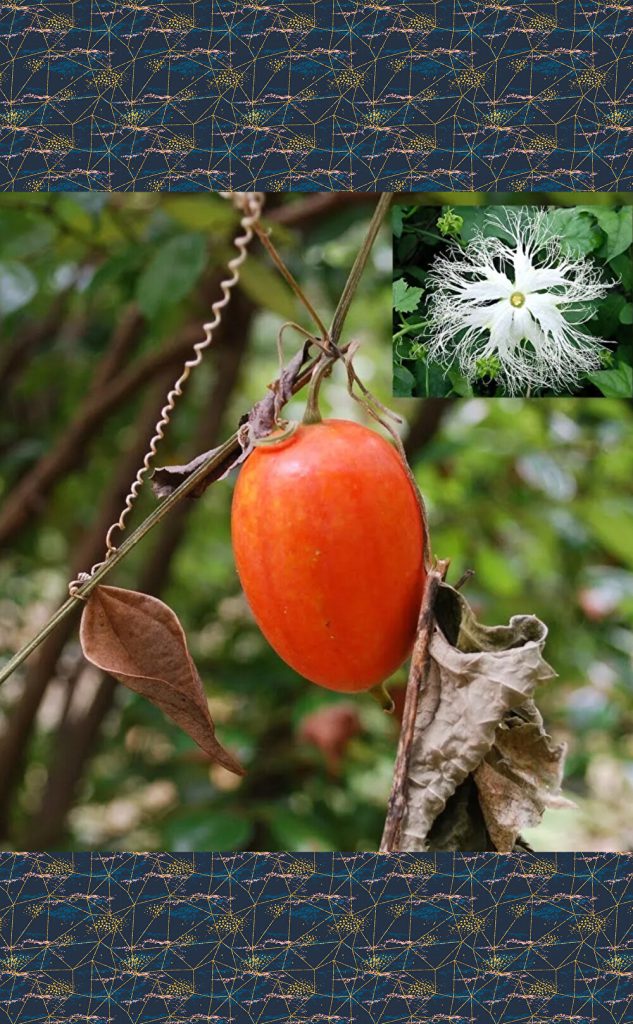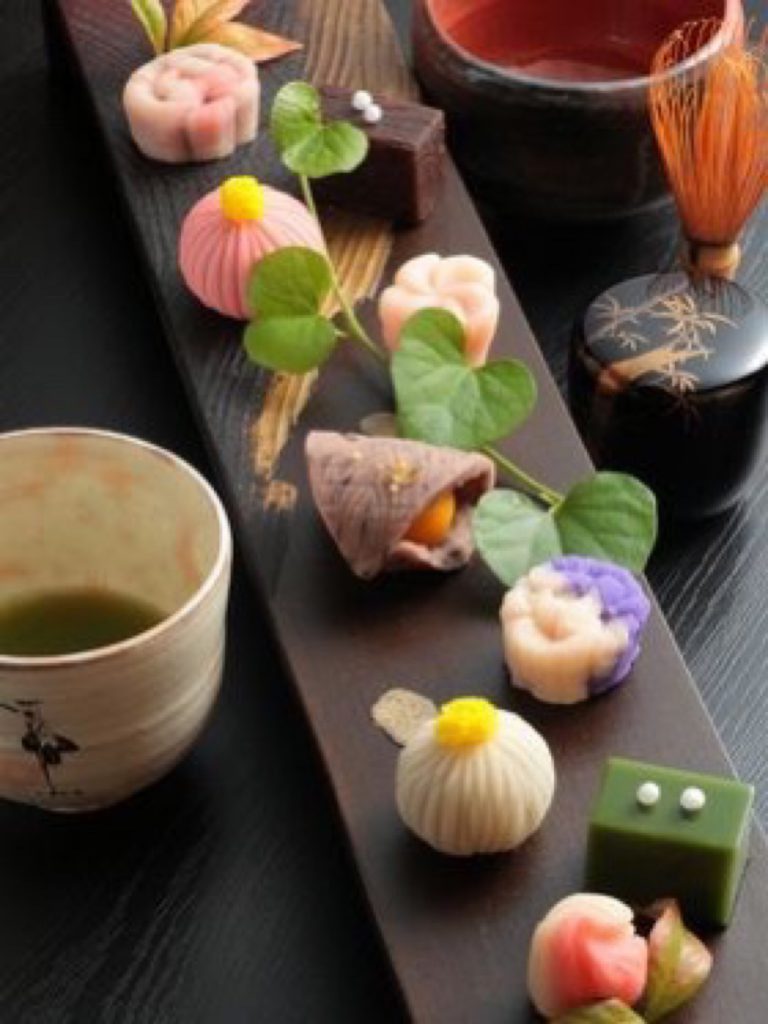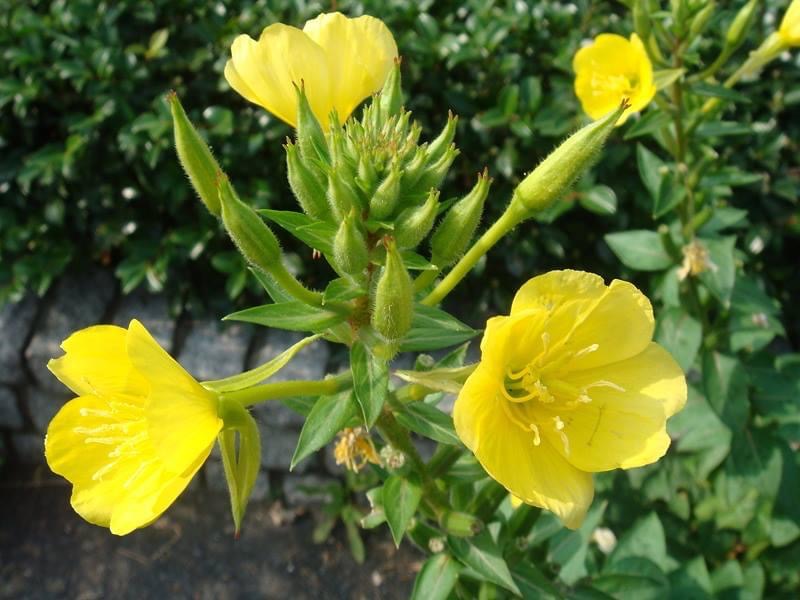
It was Muni Takehisa of Taisho Roman who changed Matsuyoigusa to Yoimatsugusa. Yoimachigusa sounds better than Matsuyoigusa. Evening primrose and evening primrose, which bloom in the late autumn evening, are one-day flowers that wither in the morning. Both flowers are naturalized plants that came to Japan in the Edo period. As a flower that blooms only at night during the long autumn nights, it has been popular among the population from early on. Tsukimisou and Matsuyoigusa were indistinguishable at first, and both were called Tsukimisou. However, Tsukimisou has white flowers that turn slightly pink at dawn, while Matsuyoigusa blooms with yellow flowers. Matsuyoigusa, which has strong fertility, gradually drove out Tsukimisou, and now we rarely see Tsukimisou. Matsuyoigusa also includes Ou-matsuyoigusa, Ko-matsuyoigusa, and Me-matsuyoigusa. And Me-matsuyoigusa is the most fertile among them, and most of the twilight flowers you see are Me-matsuyoigusa.
待宵草を宵待草に変えたのは大正ロマンの竹久夢二です。待てど暮らせど来ぬ人を遣る瀬無く咲く花は待宵草より宵待草の方が良いですね。深まる秋の夕暮れから咲く月見草も待宵草も朝には枯れてしまう一日花です。どちらの花も江戸時代に日本に入って来た帰化植物です。秋の夜長に夜だけ咲く花として、早くから人口に膾炙しました。最初は月見草も待宵草も区別がつかず、どちらも月見草と呼ばれていたようです。しかし、月見草は花の色が白く、明け方にはややピンク色になりますが、待宵草は黄色い花を咲かせます。繁殖力の強い待宵草が徐々に月見草を追い遣り、今では月見草は滅多に目にする事はなくなりました。待宵草にもオオマツヨイグサ、コマツヨイグサ、メマツヨイグサがありますが、メマツヨイグサがこの中でも最も繁殖力が強く、目にする待宵草はほとんどが写真のメマツヨイグサです。

